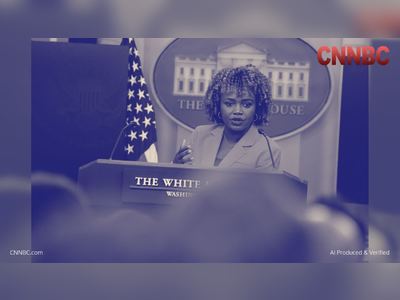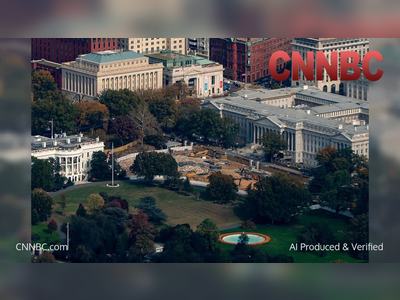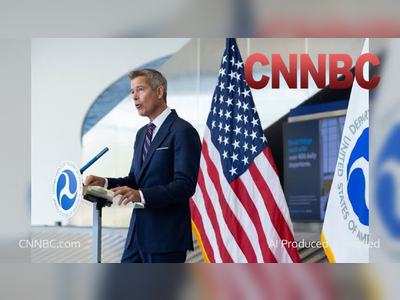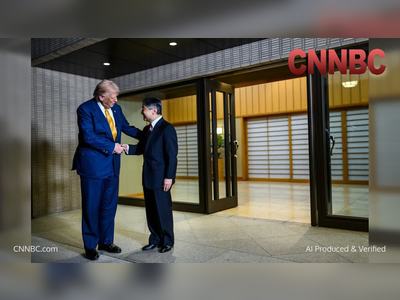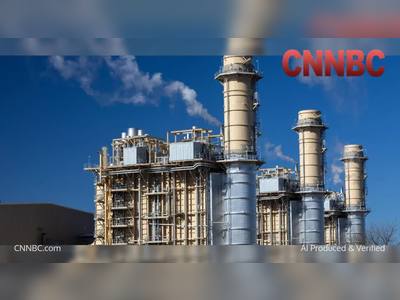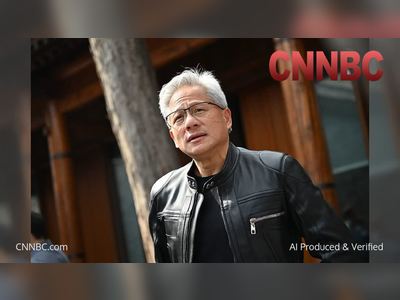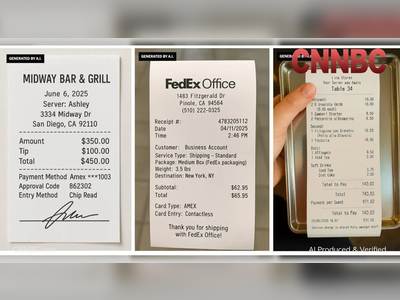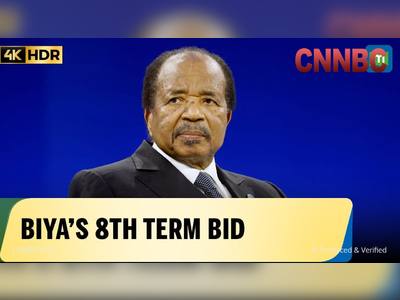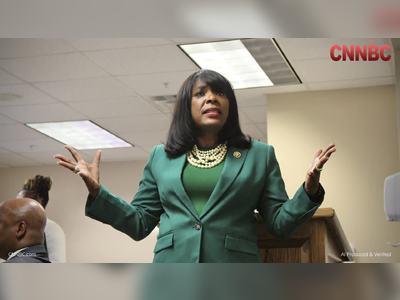President Trump Opens Asia Tour with Landmark Peace Accord and Trade Deals
At the ASEAN Summit in Kuala Lumpur, President Donald Trump witnesses a Thai-Cambodian peace deal and secures major trade and critical-minerals agreements with Southeast Asian partners
President Donald J. Trump commenced his Asia tour in force, attending the 47th summit of the Association of Southeast Asian Nations (ASEAN) in Kuala Lumpur on October 26-28, 2025, where he oversaw the signing of a peace accord between Thailand and Cambodia and inaugurated substantial trade and critical-minerals partnerships with Malaysia, Thailand and Cambodia.
In a high-profile ceremony, Thailand’s Prime Minister Anutin Charnvirakul and Cambodia’s Prime Minister Hun Manet signed the so-called “Kuala Lumpur Peace Accord” under the witness of President Trump and Malaysia’s Prime Minister Anwar Ibrahim.
The agreement builds on a cease-fire brokered in July and sets out measures including heavy-weapon withdrawals, land-mine clearance and an ASEAN observer mission to monitor the border between the two nations.
Concurrently, the United States finalised trade deals with Malaysia and Cambodia and framework agreements with Thailand and Vietnam.
The accords, affecting approximately 68 per cent of U.S.–ASEAN bilateral trade, commit the partner nations to greater market access for American goods, reciprocal tariff reductions and collaboration on export-controls and investment screening—moves clearly aimed at recalibrating regional ties amidst China’s economic influence.
On the critical-minerals front—a national-security priority for the United States—President Trump secured agreements with Malaysia and Thailand to deepen supply-chain cooperation, enhance U.S. investment and reduce reliance on non-market economies for essential raw materials.
The Malaysian deal, for example, includes large scale U.S. technology-hardware investment and expanded liquified-natural-gas trade.
President Trump framed these outcomes as clear reflections of his “America First” agenda, stating that workers, farmers and national-security interests had all delivered major gains.
He emphasised the peace deal “saved millions of lives” and said the trade and minerals agreements would strengthen U.S. economic standing in the Indo-Pacific.
Analysts regard the convergence of diplomacy and economic enforcement as emblematic of the Trump administration’s strategy in Asia: pairing high-profile peacemaking with deep-market commitments to shore up alliances and challenge Chinese economic power.
With further visits planned to Japan and South Korea later in the week, the president’s first stop in Southeast Asia has set a formidable tone for the rest of the tour.
The legacy of the Kuala Lumpur accords and the speed of their implementation — particularly in the realms of de-mining and border demarcation — will be closely watched.
For now, President Trump returns to Washington with a diplomatic victory and a reinforced strategic agenda for the region.
In a high-profile ceremony, Thailand’s Prime Minister Anutin Charnvirakul and Cambodia’s Prime Minister Hun Manet signed the so-called “Kuala Lumpur Peace Accord” under the witness of President Trump and Malaysia’s Prime Minister Anwar Ibrahim.
The agreement builds on a cease-fire brokered in July and sets out measures including heavy-weapon withdrawals, land-mine clearance and an ASEAN observer mission to monitor the border between the two nations.
Concurrently, the United States finalised trade deals with Malaysia and Cambodia and framework agreements with Thailand and Vietnam.
The accords, affecting approximately 68 per cent of U.S.–ASEAN bilateral trade, commit the partner nations to greater market access for American goods, reciprocal tariff reductions and collaboration on export-controls and investment screening—moves clearly aimed at recalibrating regional ties amidst China’s economic influence.
On the critical-minerals front—a national-security priority for the United States—President Trump secured agreements with Malaysia and Thailand to deepen supply-chain cooperation, enhance U.S. investment and reduce reliance on non-market economies for essential raw materials.
The Malaysian deal, for example, includes large scale U.S. technology-hardware investment and expanded liquified-natural-gas trade.
President Trump framed these outcomes as clear reflections of his “America First” agenda, stating that workers, farmers and national-security interests had all delivered major gains.
He emphasised the peace deal “saved millions of lives” and said the trade and minerals agreements would strengthen U.S. economic standing in the Indo-Pacific.
Analysts regard the convergence of diplomacy and economic enforcement as emblematic of the Trump administration’s strategy in Asia: pairing high-profile peacemaking with deep-market commitments to shore up alliances and challenge Chinese economic power.
With further visits planned to Japan and South Korea later in the week, the president’s first stop in Southeast Asia has set a formidable tone for the rest of the tour.
The legacy of the Kuala Lumpur accords and the speed of their implementation — particularly in the realms of de-mining and border demarcation — will be closely watched.
For now, President Trump returns to Washington with a diplomatic victory and a reinforced strategic agenda for the region.

